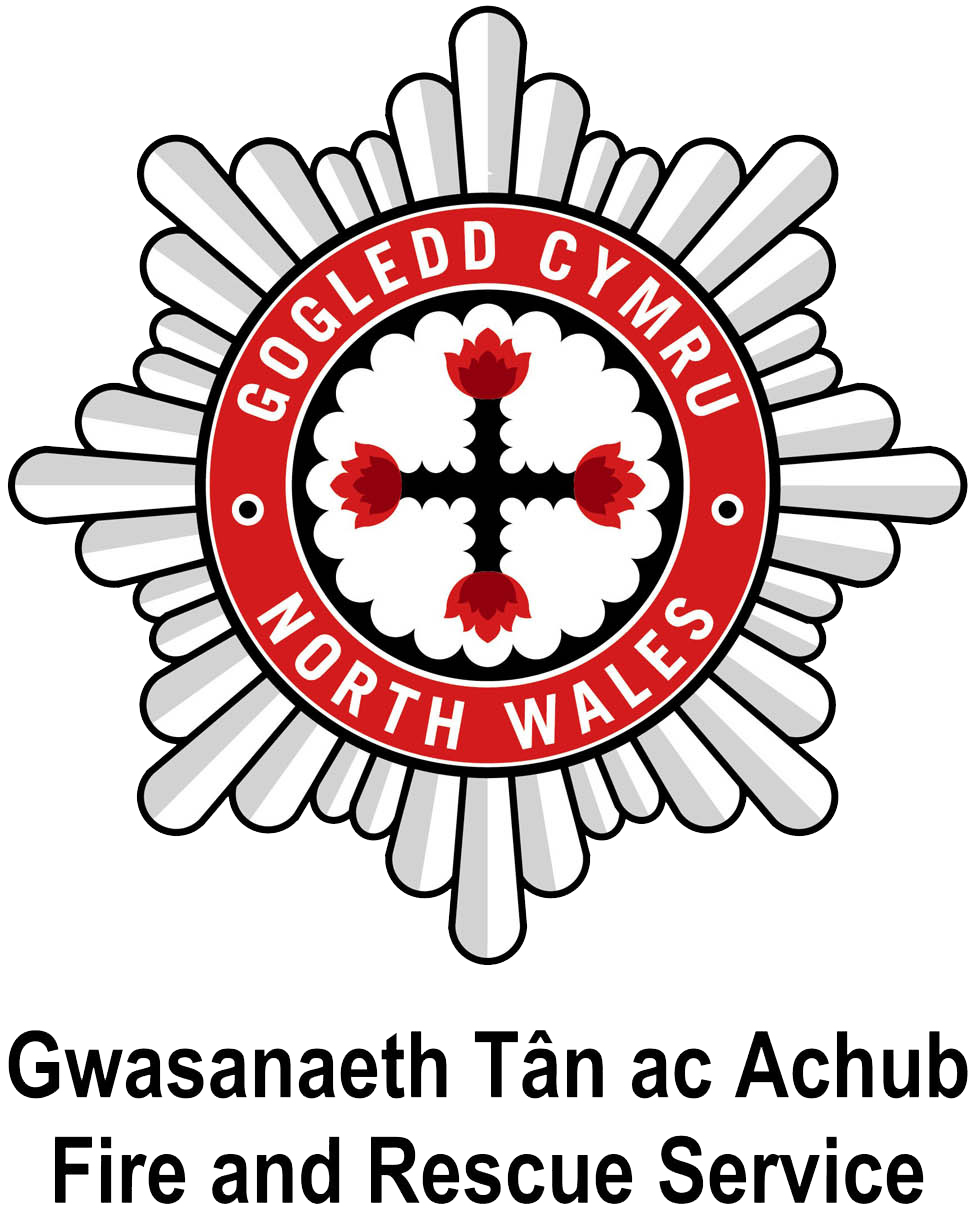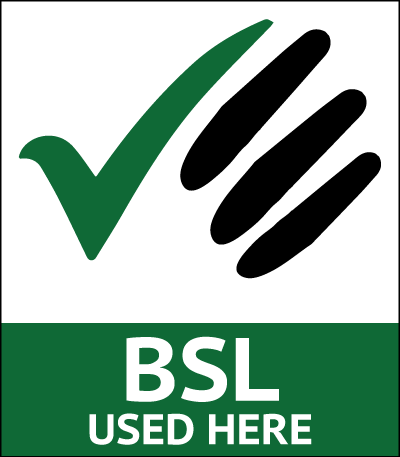Looking after the electrics
Looking after the electrics
Residual Current Device (RCD)
The Electrical Safety Council is encouraging homeowners to use RCDs to protect against dangerous electric shocks and reduce the risk of electrical fires.
An RCD is a sensitive device that quickly turns the electricity off when danger arises to reduce the risk of death or serious injury. RCD protection is particularly important when using electrical equipment outdoors.
Remember - Although RCD protection reduces the risk of death or injury from electric shock it does not reduce the need to be careful. Have your wiring checked at least once every 10 years to ensure the safety of you, your family and your home. If you find a fault with your wiring, or an appliance, stop using it immediately and contact a registered electrician.
What to check for on your electrical appliances
There are particular danger signs to look out for on all electrical items you have around your home.
If you think something needs fixing or changing, do it straight away.
Plugs and sockets
For plugs and sockets, keep an eye out for the following:
Check your sockets regularly - if you see burn marks or they feel hot, get a registered electrician to check if they need repairing or replacing
badly wired plugs - any coloured wires sticking out could come loose and debris could also get into the plug
overloaded sockets - plugging too many electrical appliances into one socket can lead to overheating.
Cables and leads
The risks with cables and leads include:
- getting frayed and damaged - make sure the outer covering of all power leads is in good condition and replace if necessary
- being badly positioned - they shouldn't be anywhere that they could be tripped over, or near water, cookers or other sources of heat
- running them under rugs or carpets where they can wear through without anyone noticing - position them elsewhere.
Appliances
For electrical appliances, you should never:
- get them wet - this includes plugs and sockets, so don't put a vase of flowers on top of the TV, for example
- leave them on at night - unless they are designed to be left on, like freezers
- put anything in the microwave that is made of metal, or has a metallic finish or parts
Keep electrical items in good working order
Electrical appliances, especially ones that run at high speeds and contain motors, like washing machines, should be serviced once a year by a qualified electrician.
Plugs, sockets and cables also need to be used correctly, you should:
- make sure you can't see any coloured wires between the plug and the power lead
- make sure the wires are held firmly in place inside the plug
- use sockets safely - it's better to use a bar gang lead (multi board) on a lead than a block adapter
- only use one gang lead per socket - don't plug one gang lead into another and try to keep to one plug per socket
- Don’t store combustible materials (clothes, papers, cleaning materials etc.) close to your service head (cutout fuse), electricity meter or fusebox, particularly if these are under the stairs (a means of escape from upper levels in an emergency)
- Hand-held electrical appliances, such as hair dryers and straighteners, get very hot in normal use. Make sure that when you have finished using them, you switch them off, unplug them and put them away, preferably storing hair straighteners and similar beauty products in heat-proof pouches
- Extension leads and adapters have a limit on how many amps they can take, so be careful not to overload them, to reduce the risk of fire.
Kitchen Appliances
- Don’t leave washing machines, tumble dryers or dishwashers running overnight or when you are out.
- If your appliance begins making a strange noise or isn’t working properly, don't ignore it. If you think there might be a problem, always unplug it and contact the manufacturer or a qualified repair technician.
- Don’t overload washing machines or tumble dryers – take bulky items like duvets to the dry cleaners.
- Do regular checks of plugs and sockets for burn marks, sounds of 'arcing' (buzzing or crackling), fuses blowing, circuit-breakers tripping or if it feels too hot to touch.
- Don't place a fridge or freezer near cookers, radiators, or in direct sunlight, as it will have to work harder to maintain the required internal temperature.
- Clean behind your fridge and freezer regularly to keep lint and dust from building up, and make sure there is enough room behind the appliance for air to circulate freely.
Dealing with an electrical fire
If there is an electrical fire, pull the plug out, or switch off the power at the fuse box - if it's safe to do so. Sometimes this can stop the fire immediately.
Never use water on an electrical fire, and don't take any risks with your safety - get out, stay out and call 999.
For a free home safety check call our 24 hour freephone number on 0800 169 1234.
Register your appliance
Registering is a wise safety precaution.
In a very small number of cases, manufacturers may identify problems with an appliance once the product has been in use for some time. They then need to contact you to get the fault corrected as quickly as possible. Normally a quick in-home fix by a qualified technician will banish any risk.
It can be very difficult to trace customers as they often do not provide contact details when they buy a product. So as a consumer, it is important that you take the responsibility to let manufacturers know that you own the appliance and ensure that they can get in touch directly should they need to.
Registering can also save you money by entitling you to an extended warranty or guarantee period.

